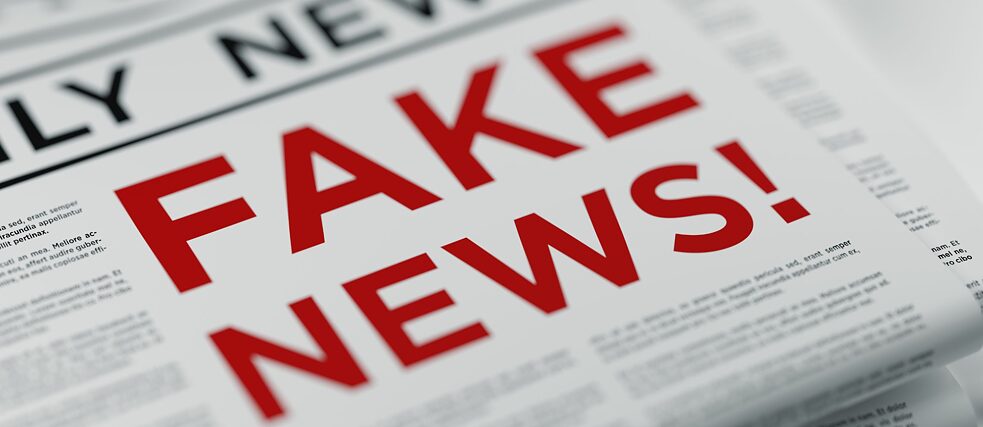389
By Lizzy Chirkpi
The Presidency has ignited further debate surrounding media regulation by calling for the criminalization of fake news.
This demand comes at a sensitive time, as there’s a bill before the 10th National Assembly seeking to regulate social media.
Although, it has drawn widespread criticism given its potential to stifle press freedom.
The Special Adviser to the President on Information and Strategy, Bayo Onanuga took to his verified X (formerly Twitter) handle to voice the government’s growing concern over the proliferation of misinformation.
His statement followed the circulation of a false report alleging the dismissal of key cabinet members, including the Minister of Defence, Mohammed Badaru Abubakar; the Minister of State for Defence, Bello Matawalle; and the Minister of Power, Adebayo Adelabu.
Onanuga vehemently refuted the claims, labeling the story “sensationalist hogwash” and urging Nigerians to disregard the fabricated news. He emphasized the importance of relying on official government channels and reputable media outlets for accurate information.
“Freedom of speech does not equate to the freedom to invent and disseminate falsehoods,” Onanuga asserted, highlighting the potential of fake news to destabilize the nation and erode trust in public institutions. He further called upon security agencies to take “decisive action” against those responsible for spreading such malicious content.
This call for the criminalization of fake news arrives against a backdrop of intense public and media scrutiny of the proposed social media bill. Critics argue that while the dangers of fake news are undeniable, the bill, in its current form, grants the government excessive power to control online content and potentially silence dissenting voices. They fear that the legislation could be used as a tool to gag the media and suppress legitimate criticism, thus undermining the fundamental principles of press freedom enshrined in Nigeria’s constitution.
The debate underscores the delicate balance between combating the harmful effects of misinformation and safeguarding the right to freedom of expression. While there is broad agreement on the need to address the societal ill of fake news, the methods and extent of government intervention remain contentious.
Nigerians and media stakeholders are keenly watching the National Assembly’s deliberations on the social media bill, wary of any measures that could inadvertently curtail the vital role of a free press in a democratic society. The Presidency’s strong stance on criminalizing fake news is likely to further fuel this already heated discussion.



